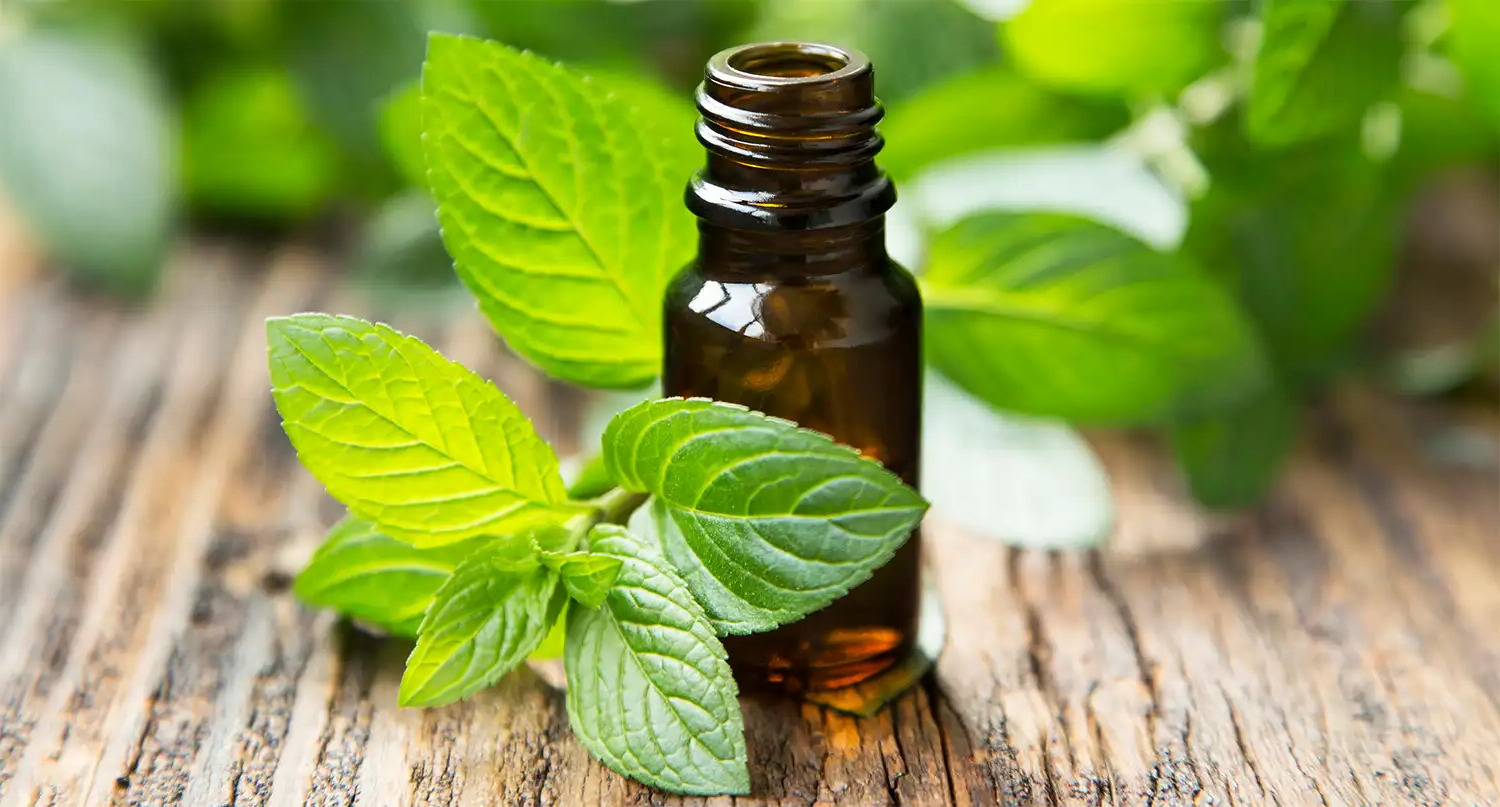
Essential oils have been around for centuries, but what makes them so special? These concentrated plant extracts are known for their aromatic properties and potential health benefits. From lavender to peppermint, each oil offers unique advantages. Essential oils can be used in various ways, such as aromatherapy, topical application, or even cleaning. They are popular for their ability to promote relaxation, boost mood, and support overall well-being. However, it's crucial to use them correctly to avoid any adverse effects. Curious about how these oils can enhance your life? Here are 24 fascinating facts that will deepen your understanding of essential oils.
What Are Essential Oils?
Essential oils are concentrated plant extracts that capture the natural scent and flavor, or "essence," of their source. These oils are often used in aromatherapy, a form of alternative medicine that employs plant extracts to support health and well-being.
- Essential oils are extracted from various parts of plants, including flowers, leaves, bark, and roots.
- The process of extraction can involve methods like steam distillation, cold pressing, or solvent extraction.
- Lavender, peppermint, and eucalyptus are among the most popular essential oils used today.
Historical Uses of Essential Oils
Essential oils have a rich history that spans thousands of years. Different cultures have utilized these potent extracts for various purposes.
- Ancient Egyptians used essential oils in embalming practices and for medicinal purposes.
- In traditional Chinese medicine, essential oils have been used for over 2,000 years to treat various ailments.
- The Greeks and Romans also used essential oils in their baths and massages.
Health Benefits of Essential Oils
Many people turn to essential oils for their potential health benefits. These oils can offer a natural way to address various health concerns.
- Lavender oil is known for its calming properties and can help reduce anxiety and stress.
- Peppermint oil can alleviate headaches and improve digestion.
- Tea tree oil has antibacterial and antifungal properties, making it useful for treating skin conditions.
Essential Oils in Aromatherapy
Aromatherapy is a popular way to use essential oils. This practice involves inhaling the aroma of essential oils to enhance physical and emotional well-being.
- Diffusers are commonly used to disperse essential oils into the air.
- Inhalation of essential oils can stimulate the olfactory system, which is connected to the brain's limbic system, influencing emotions and memory.
- Some essential oils, like eucalyptus, can help clear nasal passages and improve respiratory function.
Safety and Precautions
While essential oils offer numerous benefits, it's crucial to use them safely. Improper use can lead to adverse effects.
- Essential oils should always be diluted with a carrier oil before applying to the skin to prevent irritation.
- Some essential oils, like citrus oils, can cause photosensitivity, making the skin more susceptible to sunburn.
- Pregnant women and individuals with certain medical conditions should consult a healthcare provider before using essential oils.
Essential Oils in Everyday Products
Essential oils are not just for aromatherapy; they are also found in many everyday products. These oils add natural fragrance and therapeutic benefits.
- Many natural cleaning products use essential oils like lemon and tea tree for their antibacterial properties.
- Skincare products often include essential oils like rosehip and chamomile for their soothing effects.
- Essential oils are also used in natural perfumes and candles for their pleasant scents.
Environmental Impact of Essential Oils
The production and use of essential oils can have environmental implications. It's important to consider sustainability when choosing essential oils.
- Overharvesting of certain plants for essential oil production can lead to environmental degradation.
- Sustainable farming practices and ethical sourcing are crucial for minimizing the environmental impact.
- Some companies are committed to using eco-friendly packaging and supporting reforestation efforts.
Fun Facts About Essential Oils
Essential oils have some interesting and lesser-known facts that might surprise you.
- It takes about 242,000 rose petals to produce just 5 ml of rose essential oil.
- Essential oils can be used to repel insects naturally, with oils like citronella and lemongrass being effective.
- The term "essential" in essential oils refers to the essence of the plant's fragrance, not that they are indispensable.
The Final Drop
Essential oils pack a punch in tiny bottles. From lavender's calming effects to peppermint's energy boost, these natural wonders offer a range of benefits. They can enhance mood, improve sleep, and even aid in minor ailments. But remember, quality matters. Always choose pure, therapeutic-grade oils for the best results. Dilution is key to safe use, especially for kids and pets. While they can be a great addition to your wellness routine, they're not a cure-all. Always consult a healthcare provider for serious health issues. Whether you're diffusing them, adding them to a bath, or using them in a massage, essential oils can elevate your daily life. So, next time you need a little pick-me-up or some relaxation, reach for your favorite essential oil and enjoy the natural benefits it brings.
Was this page helpful?
Our commitment to delivering trustworthy and engaging content is at the heart of what we do. Each fact on our site is contributed by real users like you, bringing a wealth of diverse insights and information. To ensure the highest standards of accuracy and reliability, our dedicated editors meticulously review each submission. This process guarantees that the facts we share are not only fascinating but also credible. Trust in our commitment to quality and authenticity as you explore and learn with us.


